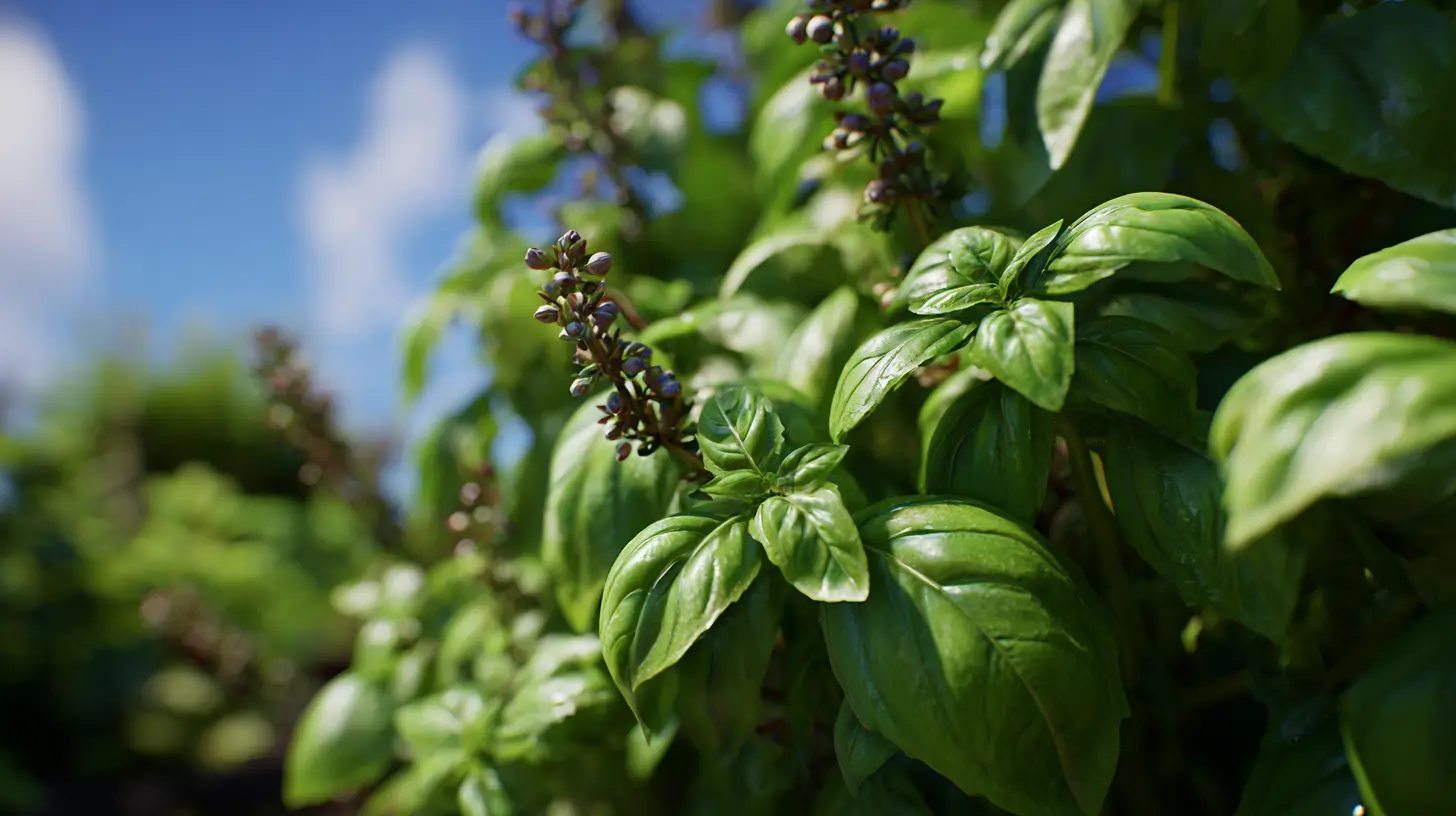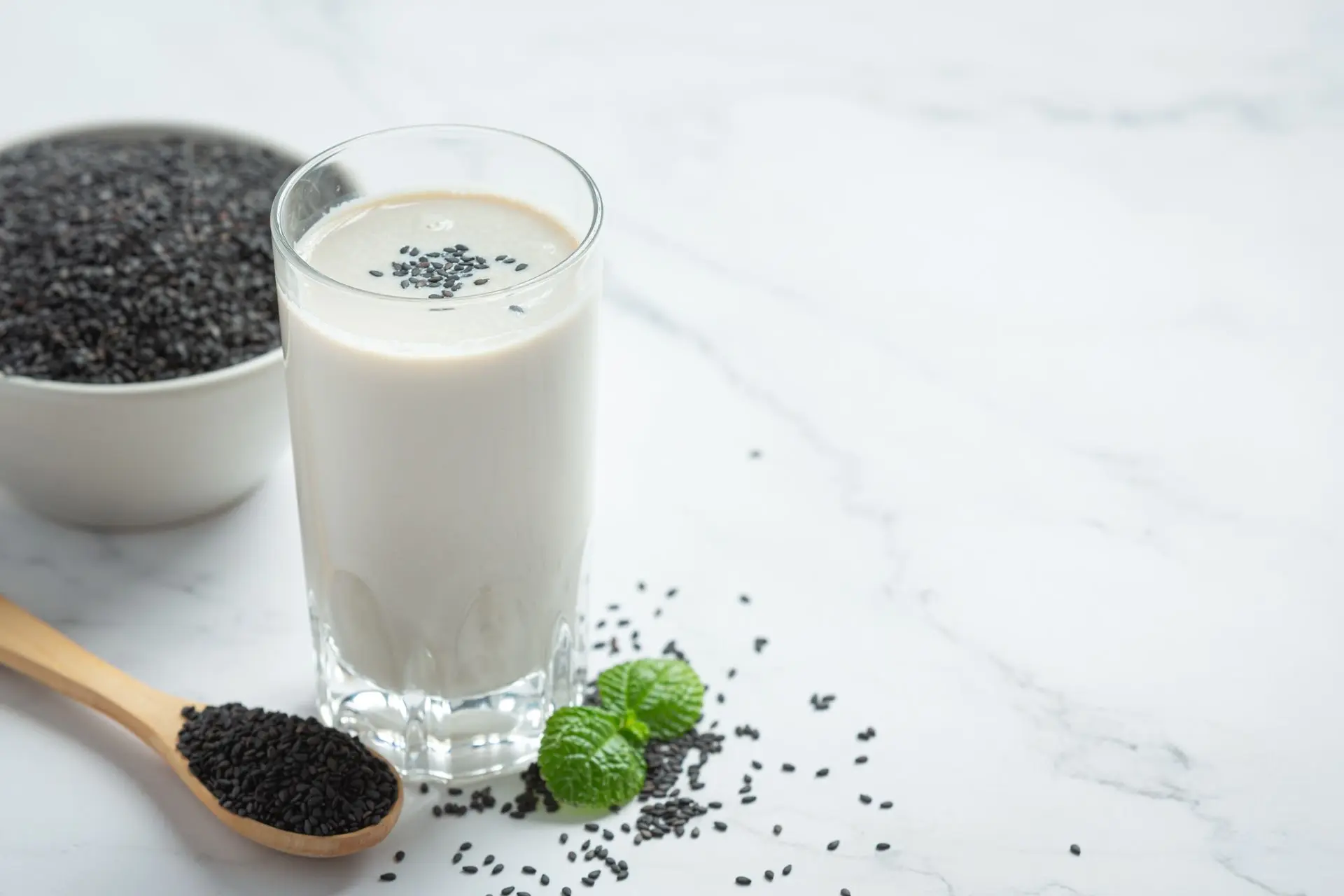Managing diabetes can feel overwhelming, but even small, natural changes to your diet can make a big difference. One such superfood making waves among nutritionists and wellness experts is the humble basil seed. Let’s explore how basil seeds may support blood sugar control, how to use them, and the precautions to keep in mind.
What Are Basil Seeds?
Basil seeds (also known as sabja or tukmaria seeds) come from the sweet basil plant. They’re often used in traditional Indian drinks and desserts, but are now being celebrated for their impressive health benefits—especially for people with diabetes.

How Basil Seeds May Help Manage Diabetes
1. High in Dietary Fiber
- Gel-like mucilage: When soaked, basil seeds form a slippery outer layer that’s rich in soluble fiber.
- Slows glucose absorption: This fiber helps slow down the digestion process and the absorption of sugar, preventing sudden blood sugar spikes after meals.
- Satiety: It helps you feel fuller longer, reducing unnecessary snacking.
2. Low Glycemic Impact
- Basil seeds themselves are low in carbohydrates and have a minimal impact on blood glucose levels. Including them in the diet is unlikely to cause blood sugar spikes.
3. Supports Gut Health
A healthy gut can play a role in overall metabolic function, including blood sugar regulation. The fiber in basil seeds feeds good bacteria in the gut, supporting digestive and metabolic health.
4. Rich in Antioxidants
Basil seeds contain polyphenols—natural antioxidants that help reduce inflammation in the body, which is important because people with diabetes are at a higher risk for inflammation-related complications.
How to Use Basil Seeds for Blood Sugar Management
Getting Started
- Soak Before Eating:
- Use 1-2 teaspoons of basil seeds.
- Soak in a glass of water for 10-15 minutes until they swell and form a gel-like coat.
- Ways to Add to Your Diet:
- Mix into smoothies, shakes, or lassis.
- Sprinkle over yogurt, porridge, or overnight oats.
- Add to lemonades or cool summer drinks.
- Blend into chia-style “puddings” with a touch of fruit or cinnamon.

How Much Is Safe?
- Usual serving: 1–2 teaspoons per day.
- Start small: If you’re new to fiber-rich foods, begin with half a teaspoon and increase gradually to prevent digestive discomfort.
Precautions and Things to Remember
- Not a substitute: Basil seeds can be a helpful addition to a healthy diet, but they are not a replacement for prescribed diabetes medication or medical advice.
- Choking risk: Always soak basil seeds thoroughly; consuming them dry can pose a choking hazard, especially for children or the elderly.
- Allergies: Rare, but possible. Start with a small amount if you’ve never tried them before.
- Medication interactions: If you take blood thinners or medication for certain conditions, check with your doctor before adding new foods to your diet.
- Digestive sensitivity: Excess fiber can sometimes cause bloating or discomfort at first—moderation is key.
- Pregnancy & lactation: Consult your healthcare provider before starting anything new.
What Do Science and Experts Say?
Several nutrition studies note that the fiber, antioxidants, and low carbohydrate content of basil seeds make them a promising functional food for people looking to maintain steady blood sugar levels. Preliminary research and traditional wellness practices both suggest benefits, but more large-scale, clinical evidence is still needed for definitive claims.
Bottom Line
Basil seeds are a simple, natural, and nutritious addition to the diabetes management toolkit:
- They help slow sugar absorption, keep you fuller for longer, and support digestive health.
- Always use as part of a balanced diet, not as a cure or medication substitute.
- Soak before eating, start with small amounts, and talk to your doctor if in doubt.
Adding basil seeds might just bring health, flavor, and variety to your daily meals - making diabetes management a little easier and a lot tastier.
Elevate your healthy lifestyle - shop premium quality basil seeds from Nutkhut Delight and experience the difference in taste and nutrition!